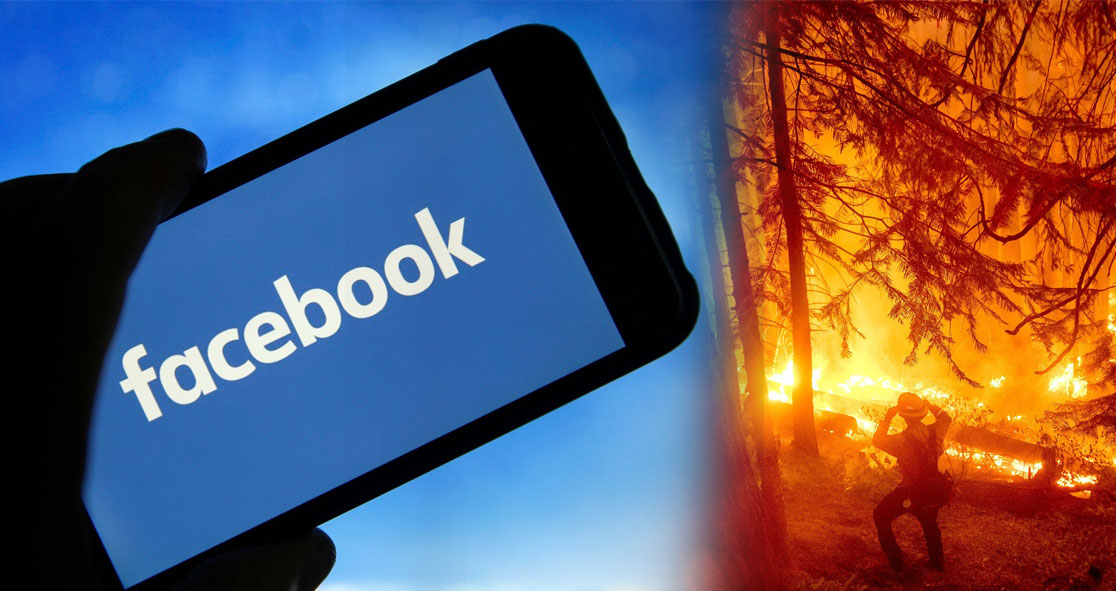Facebook said it has aggressively been trying to crack down climate-change misinformation with a Climate Science Information Center launched Tuesday, aiming to offer users science-based facts.
The social media conglomerate corporation said, “Climate change is real. The science is unambiguous and the need to act grows more urgent by the day.”
The Facebook’s statement comes days after emergency responders in the Western parts had to fight misinformation along with catastrophic wildfires.
Chris Cox, Chief Product Officer at Facebook, told USA Today, “Our goal is to help people get authoritative information about climate change, and we are taking it seriously. This is one step, and there will be many more.”
However, climate scientists and environmental groups have said that the Facebook’s new effort is not enough and does too little to rein in climate-change misinformation, falsehoods and conspiracy theories.
Michael Mann, Director of Penn State University’s Earth System Science Center, told USA TODAY, “The consequences are that the public is far less informed about climate change than they need to be. It is very convenient for polluting interests who don’t want to see climate policies move forward.”
All social media platforms should do more to combat climate change misinformation, especially Facebook, according to Mann.
He said, “Facebook is particularly problematic as they have taken very few steps to deal with it, making it easy for bad actors to promote misinformation.”
Many environmental groups, including Friends of the Earth, the Sierra Club, and Greenpeace, have also accused Facebook of taking “half measures” counteract climate science misinformation.
In a joint statement, they said, “This new policy is a small step forward but does not address the larger climate disinformation crisis hiding in plain sight.”
Prof. John Cook of the Center for Climate Change Communication at George Mason University said, “At best, they [social media platforms] have been slow to react to climate misinformation. At worst, they have actively reversed fact-checking efforts by climate experts, consciously enabling climate denial organizations to continue to publish their misinformation.”
Cox said, “We are very aggressively removing content that could lead folks into harm’s way, and we are surfacing more content that can get them the help and support that they need.” “During any weather-related or disaster-like event, we have teams pay a lot closer attention to what’s going on in those areas to understand what’s happening to the information ecosystem,” he added. “And that’s just part of the work we do to make sure the platform is providing the right information in times of crisis.”























